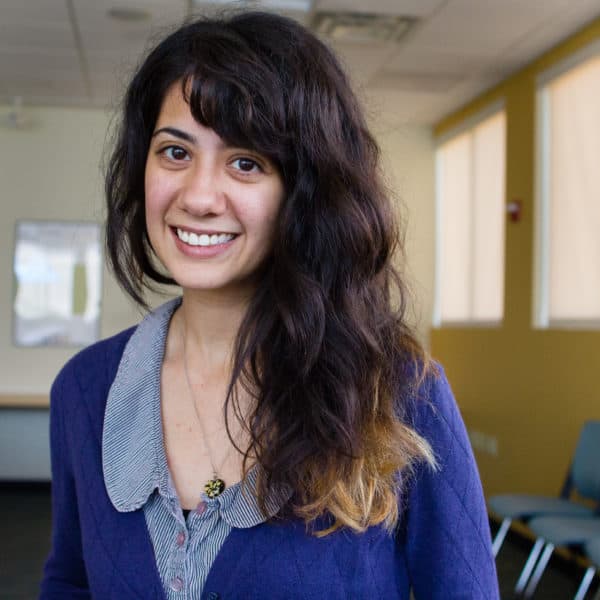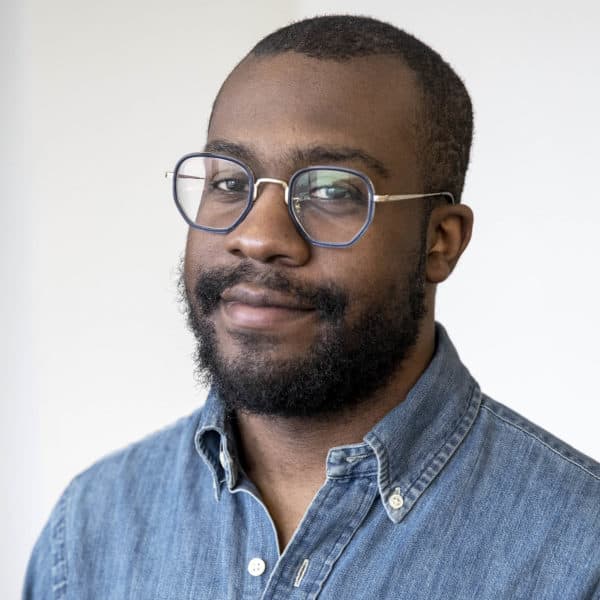Advertisement
Baker Announces New 'Command Center' For Mass. Coronavirus Response, Relaxes Testing Rules
Just one day after President Trump declared a national emergency and Massachusetts banned all gatherings of 250-plus people, the Baker administration announced several significant changes to its overall strategy for the coronavirus outbreak.
Among them, Republican Gov. Charlie Baker announced a new "COVID-19 Response Command Center" was created to coordinate the state's response to novel coronavirus, telling reporters Saturday that health officials expect cases of COVID-19 to continue to tick up. As of Saturday, there were 138 known cases in the state.
Baker was criticized by the Massachusetts Association of Schools for not recommending school closures. At Saturday's press conference, the governor called the matter "a difficult issue" that individual communities should assess themselves. But Baker said he doesn't recommend closing schools unless it's necessary.
"If a school has an individual or a parent who is symptomatic and tests positive, then they should close for two weeks," he said. "But if they don't have anybody who's tested positive or is symptomatic, then they should continue to go to school."
Baker was also criticized by Attorney General Maura Healey, who said that the state's COVID-19 testing was "not good enough." Baker pointed to the federal government for its "lack of response."
But Baker also said the federal government has been more helpful recently.
“In some respects, we have a long way to go on this," he said. "but the feds do seem to be getting much better at providing a path for states like ours to test a lot more people, which we think is good”
On Saturday, the administration declared it was expanding access to testing for the disease in its labs by loosening requirements for who can get tested at the state lab.
Health and Human Services Secretary Marylou Sudders outlined several changes to the protocols "to speed up and increase testing," saying clinicians no longer need to approval from the state lab to submit specimens for the following patients:
- Symptomatic health care workers and emergency medical services personnel who have worked while symptomatic;
- Hospitalized patients suspected of having COVID-19 infection;
- Individuals who have had close contact with someone with confirmed COVID-19 [who was] symptomatic, who were present in congregate settings;
- Clusters of acute respiratory symptoms in a congregate setting;
- Household members with close contact with someone confirmed with COVID-19 and symptomatic;
- And those with symptoms linked to recent travel to high-risk countries.
Additionally, she said clinicians may now submit just one swab for testing — as opposed to two, a move the state believes will get results faster. So far, she said, 475 presumptive cases have been tested in Massachusetts.
"We continue to urge the FDA and CDC to help us expand our testing capacity so we can test more residents across the commonwealth," she said.
Sudders told reporters that the center's priorities will include the expansion of testing, scenario modeling, identifying supply chain vulnerabilities and contingency planning. She highlighted news that three additional commercial labs in the state had received approval this week from the federal government to begin testing presumptive cases.
"I think something this big, this complicated, spread across all parts of society at this point, you need to have a central office that will be responsible for it," Baker told reporters, adding the command center will serve as a "single point of decision-making" for the state's various departments. It will be led by Sudders, who is handing off her duties to Daniel Tsai, assistant secretary for MassHealth and the state's Medicaid director.
Sudders also announced significant changes to MassHealth, the state's public health insurance covering 1.8 million people, including the expansion of telehealth services to include health guidance over the phone for patients.
"This is unprecedented," she said. "Usually telehealth requires video conferencing — this is telephone."
MassHealth will also allow for 90-day prescriptions and early refills for all who qualify, she said.
Additionally, Sudders explained that medical professionals who confirm a hospital patient is presumptively positive for COVID-19 can automatically enroll patients in MassHealth. As long as the patient "verbally" meets the income standard for Mass Health, paperwork can be settled later.
Sudders also reported that 760 calls have been answered on the state's new public "211" coronavirus hotline, which offers support in English, Spanish and other languages. She said most questions focused on testing, access to supplies, and workplace questions.
With additional reporting from WBUR's Paul Connearney.
This article was originally published on March 14, 2020.

